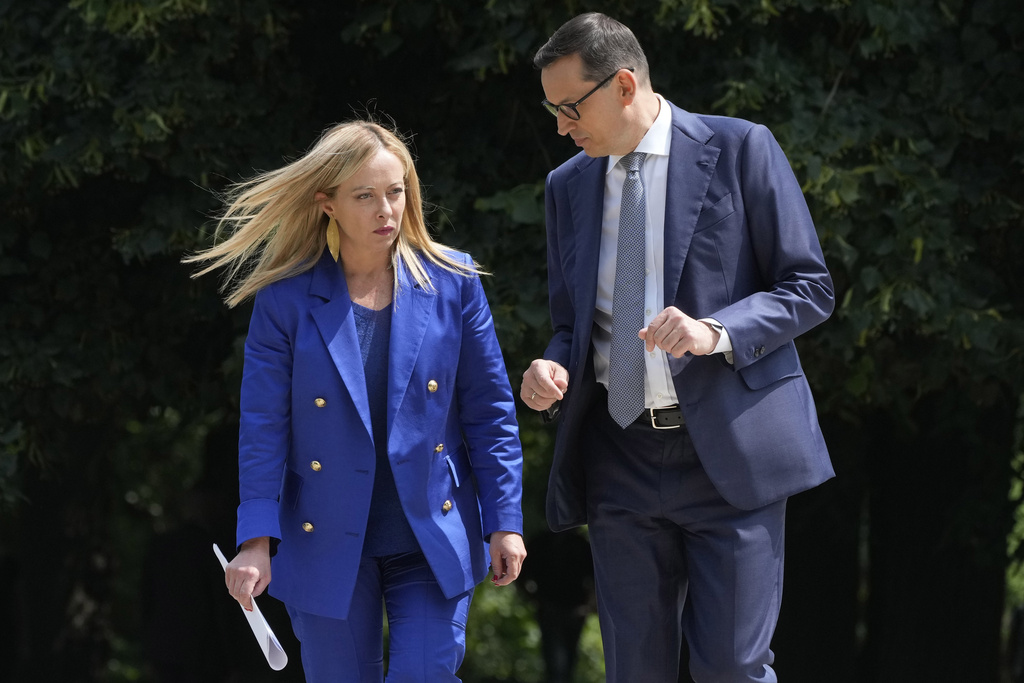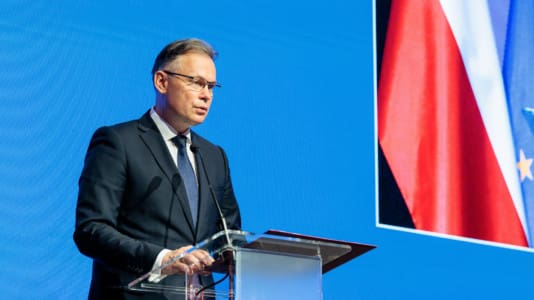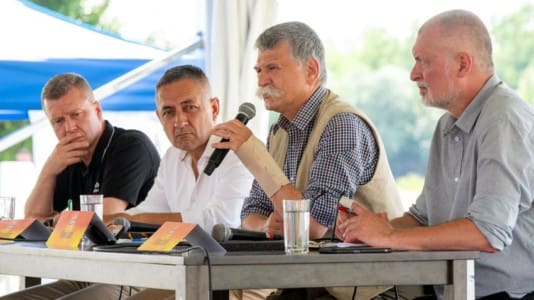The Italian PM Giorgia Meloni visited Warsaw on July 5 and expressed her desire that Poland’s ruling conservative Law and Justice (PiS) wins the upcoming national election.
During their meeting, Meloni and her Polish counterpart, Mateusz Morawiecki, discussed the upcoming NATO summit in Vilnius, the war in Ukraine, and the migration crisis. They agreed on the need to strengthen the protection of the EU’s external borders and that the EU should be run according to the principle of subsidiarity.
Morawiecki reiterated Poland’s objections to the EU’s migration pact, arguing that his country cannot agree to illegal migration or levying penalties on countries that reject the relocation of migrants. He said that it was unacceptable that the European Commission should decide who should reside in a sovereign state. He repeated that Poland wanted to see a return to the compromise of 2018, which allowed member states to pursue their own ways of helping to combat the migration crisis.
The Polish prime minister said that the European Commission’s priority should be the security of its member states.
“Clearly, illegal migration is a threat to that security, and it has led to the kind of scenes being currently witnessed in France,” he said.
He also said that the European Commission should waive additional military expenditures many countries are making at the moment in its calculations on budget deficits.
Both prime ministers participated later in the day in a panel on the future of Europe organized by the European Conservatives and Reformists Group (ECR). Meloni said that the election in Italy gave hope to all conservatives across Europe. As a result, there are now three conservative prime ministers in the European Council, making it easier to argue the conservative case in the corridors of EU power.
Meloni views the defense of national interests as a key European value to which all conservatives should be committed. She used the occasion to express her support for Poland’s ruling conservatives in the coming Polish elections by saying that “this was in the interests of not only conservatives but also Europe as a whole.”
The Italian leader also argued that for Europe to have any strategic autonomy, it needs to do more to defend itself and better control supply chains to guarantee its economic well-being. She added that EU institutions need to do more to ensure development and stability in Europe.






